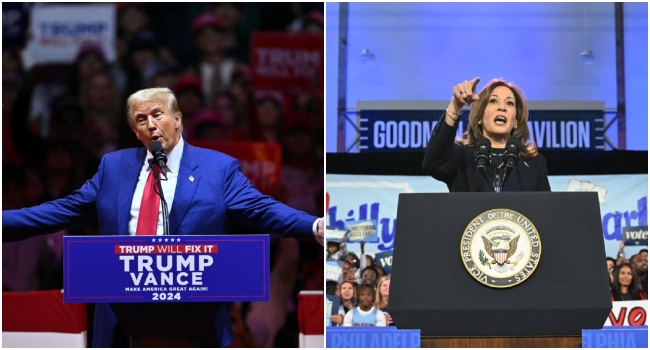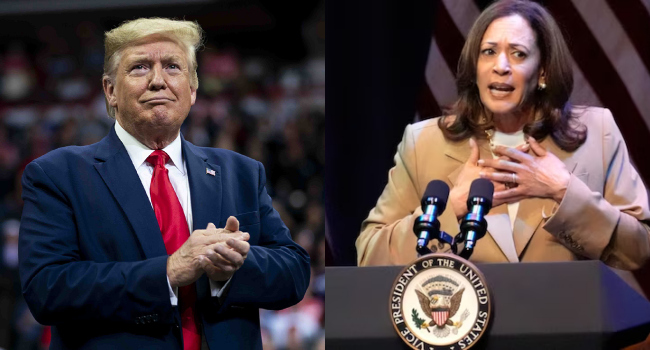What happens if neither Kamala Harris nor Donald Trump secures the majority needed in the Electoral College to win the U.S. election? While this scenario isn’t highly likely, it remains a possibility, leaving Americans on edge as the November 5 election approaches.
In the U.S., it’s the Electoral College—not the popular vote—that determines the president. This 538-member body assigns electors based on each state’s congressional representation. With the exception of Nebraska and Maine, states allocate all their electors to the candidate who wins the statewide popular vote.
If both Harris and Trump fall short of the 270-elector majority, the U.S. Constitution stipulates that Congress will step in to decide the outcome. The newly elected House of Representatives would select the president, while the Senate would choose the vice president.
A 269-269 tie in the Electoral College could arise under various scenarios. For instance, if Harris wins Wisconsin, Michigan, and Pennsylvania, while Trump takes Georgia, Arizona, Nevada, North Carolina, and a single district in Nebraska, this split could occur.

A Rare Contingent Election
A tie would trigger a contingent election in Congress, an event that hasn’t happened in modern American history. The last time Congress had to select a president was in the election of 1800, when Thomas Jefferson faced off against incumbent John Adams. After much struggle in a deeply divided House, Jefferson was chosen on the 36th ballot, leading to the ratification of the 12th Amendment four years later to clarify election procedures.
If such a vote occurs again, it would happen on January 6, 2025.
How Would the Vote Work?
In a contingent election, each state casts one vote for president, regardless of its population. This means that a sparsely populated state like Wyoming, with around 500,000 residents, would wield the same voting power as populous California, home to 39 million people. Notably, Washington, D.C., despite having three Electoral College votes, would not participate, as it is not a state.
States with multiple representatives would need to hold internal votes to determine their candidate of choice. A candidate must secure a majority of state votes—at least 26—to win. This setup could potentially favor Republicans.
As the House navigates this complex process, specific rules would likely need to be established, possibly leading to intense debates and prolonged political uncertainty. The thought of such a scenario following a closely contested campaign adds to the anxiety of voters, many of whom already harbor concerns about election integrity.


